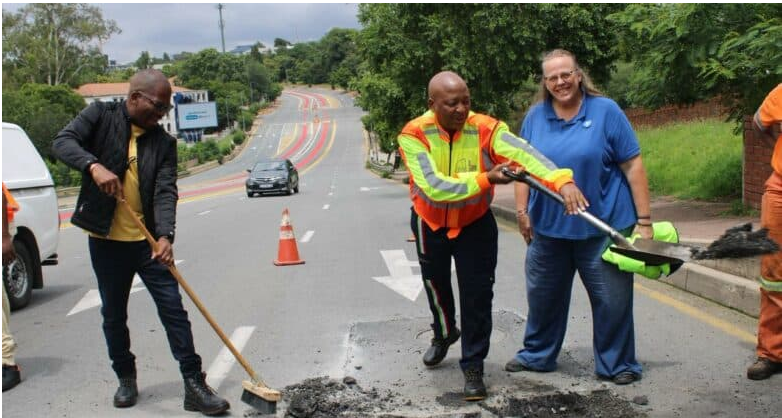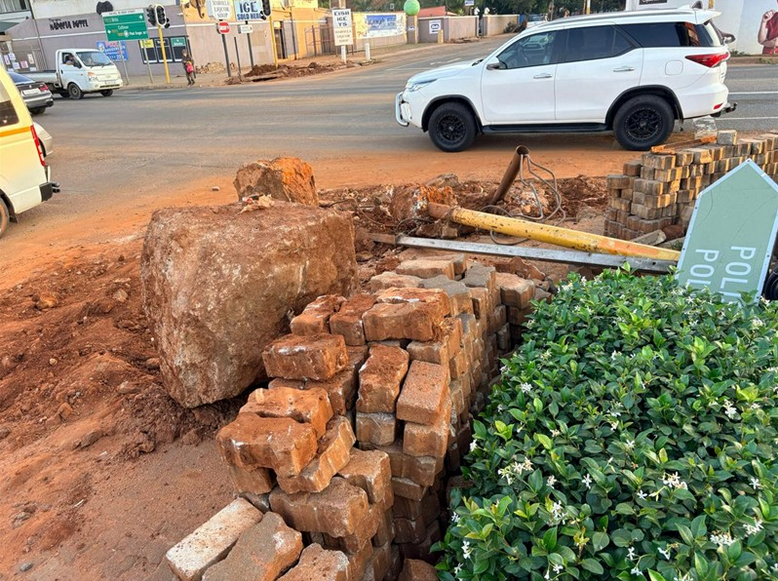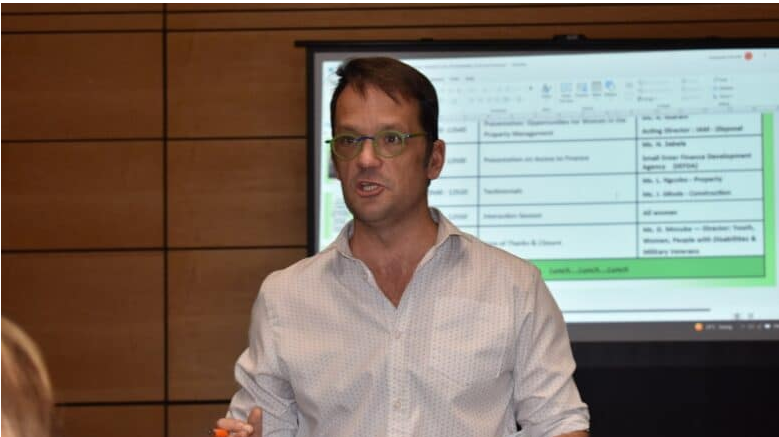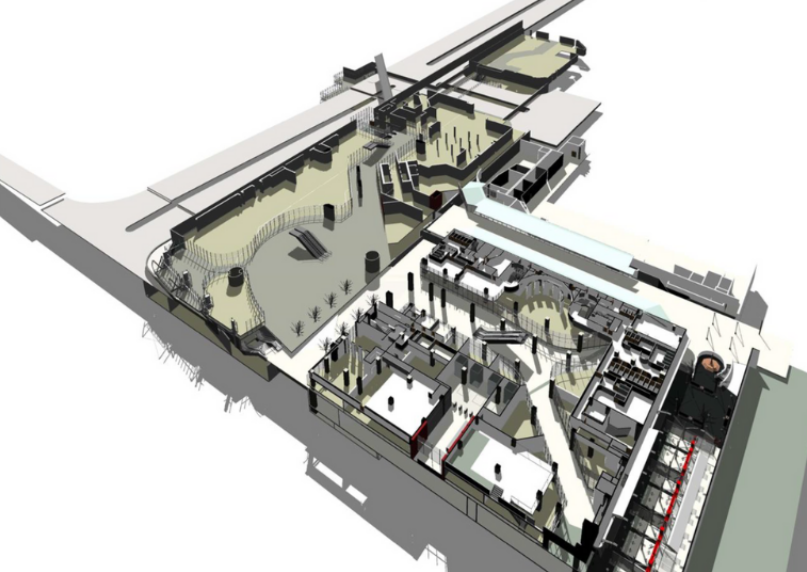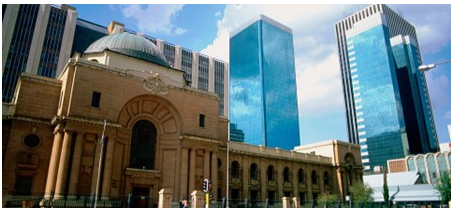IOPSA members help mitigate the risk of devastating water damage
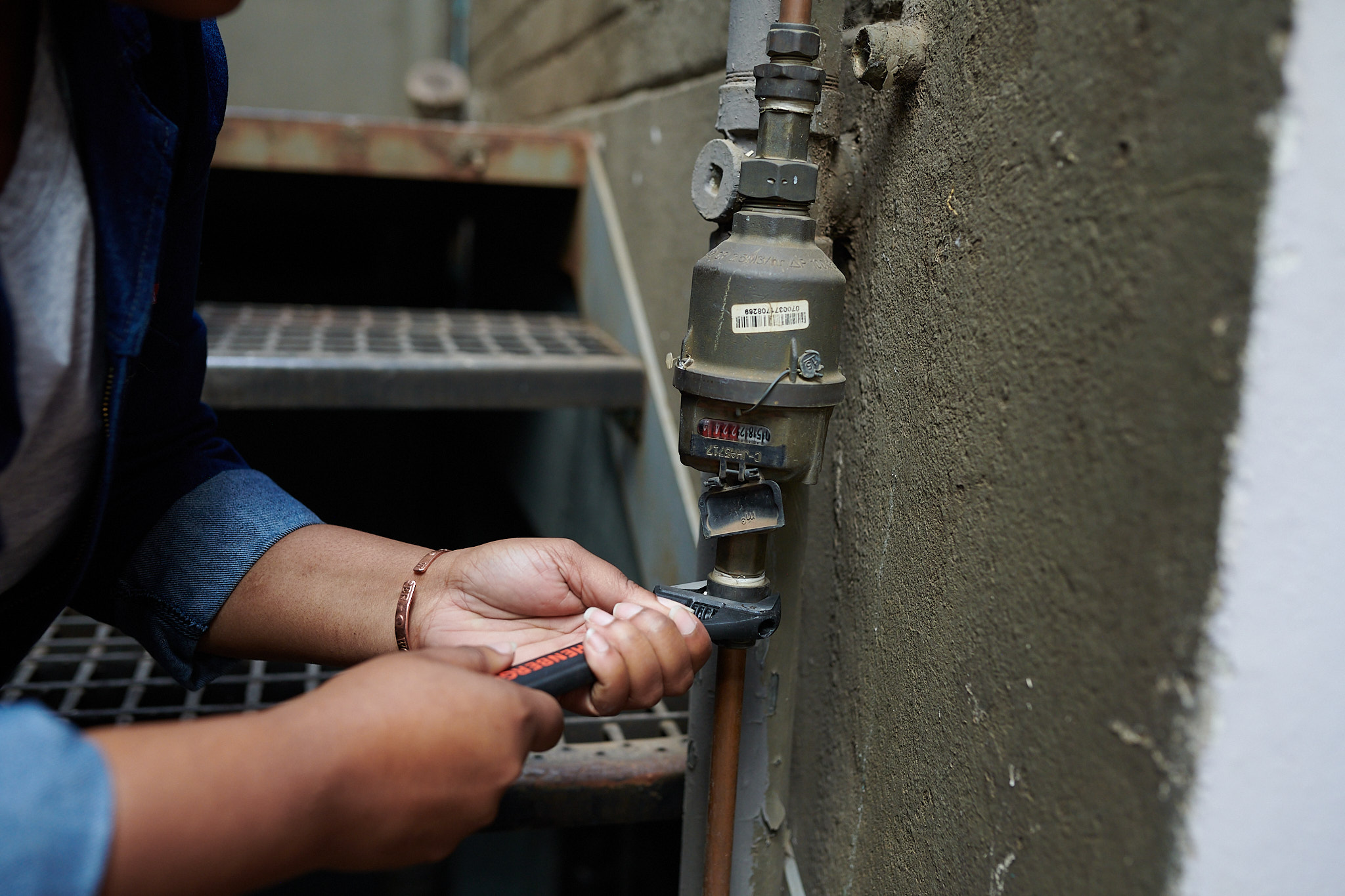
Advertising
10-01-2022
Read : 472 times
The Content Engine
Source
Owners of commercial premises and businesses are mitigating the risk of potentially devastating damage to property by always ensuring that their plumbing systems are regularly maintained by qualified plumbers who only use quality standards approved fittings and fixtures.
“The cost of water-related damage can significantly exceed the value of claims of other destruction to property. Bear in mind the high costs involved in repairing the destruction, which includes cleaning and drying. In extenuating situations, vast rentable space may also have to remain vacant for extended periods while remediation is underway. These plumbing emergencies can also be just as disruptive and costly to daily business, especially if office equipment, paperwork and files have been damaged by water,” Brendan Reynolds, Executive Director of the Institute of Plumbing South Africa (IOPSA), says. IOPSA is the official voice of the South African plumbing industry with a strong membership consisting of qualified plumbers who are all registered with the Plumbing Industry Registration Board.
The risk of incurring water-related damage due to faulty plumbing systems was especially high when offices were vacated for extended periods to contain the spread of the Covid-19 virus. With most employees working from home, leakages and blockages could go undetected for protracted periods. If leaks are left unattended, water can enter electrical systems causing short circuits that trigger a fire.
Unfortunately, substandard plumbing workmanship and the use of inferior plumbing materials still remain one of the lead causes of plumbing-related water damage. Poor installations can go largely unnoticed by property owners considering that most plumbing pipes are located in walls or underground.
However, even quality plumbing systems need to be maintained at regular intervals to ensure that they continue to perform at optimal levels. Subjected to extreme pressure and temperatures over long periods, pipes, faucets and brittle gaskets will ultimately burst. Meanwhile, leaks in older plumbing systems start as barely noticeable drips that accumulate over time, potentially damaging walls and ceilings.
Defective water heaters and water pumps are also significant contributors to water-related damage in commercial premises. When faulty water heaters become too hot, extreme pressure builds up in plumbing systems that bursts pipes. Faulty water pumps have flooded basement floors because they are no longer able to pump water to the higher floors of a high-rise building.
However, these pale into insignificance when considering the serious effects of other plumbing-related problems, such as water hammer; uncontrolled water runoff; corrosion; and incrustation.
Reynolds says, “Water hammer is a sound example of a plumbing-related problem that could cause severe structural damage to property if left unattended considering the significant force that can be exerted by flowing water. Qualified plumbers are able to help mitigate this risk by correctly installing hammer arresters and ensuring that plumbing systems are correctly designed. Meanwhile, uncontrolled water and wastewater runoff is known for damaging foundations and other structures and, therefore, also needs to be dealt with as a priority.”
Corrosion can also potentially lead to a structural failure and poses a severe health risk to occupants of a building. It is the partial dissolution of materials, especially metal, in pipes. Remedial action is usually a complex undertaking that may entail managing calcium, carbonate and bicarbonate, as well as maintaining the appropriate pH levels of water.
Incrustation can be an issue that is just as costly and complex to resolve. It occurs when water, containing excessive amounts of bicarbonates, carbonates or iron, deposits minerals on the pipe surface. Restricting flow and even completely blocking pipes, the solid minerals can only be removed by using mechanical cleaning techniques. It also poses a severe health risk to occupants of buildings and, thus, cannot be neglected.
“IOPSA and our members continue to strive for excellence in the South African plumbing industry. It is a concern that use is still being made of the services of unqualified ‘plumbers’ and substandard systems that have not been approved by relevant quality standards authorities. This is despite the inherent risk that this poses to property and, at times, entire communities and municipal infrastructure,” Reynolds concludes.
For more information contact:
David Poggiolini
david@thecontentengine.co.za
Debbie Poggiolini
debbie@thecontentengine.co.za
Recent News
Here are recent news articles from the Building and Construction Industry.
Have you signed up for your free copy yet?
